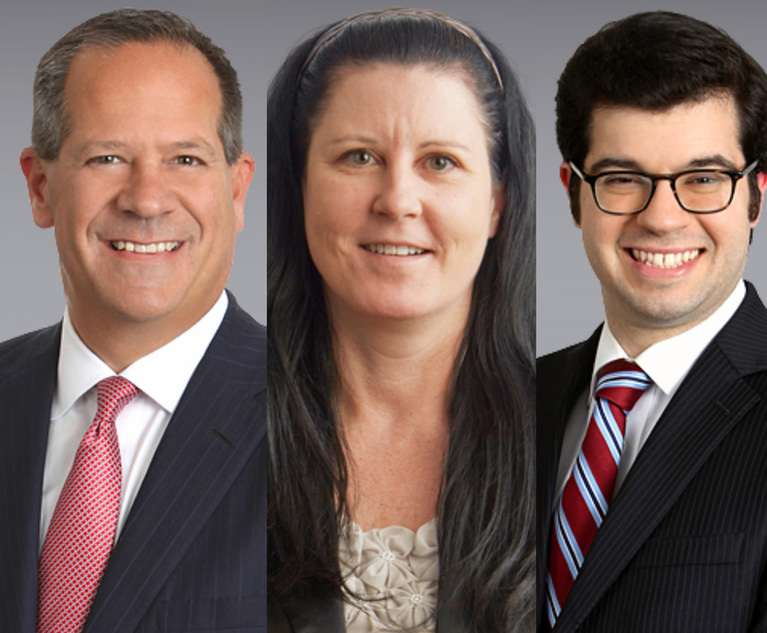Nearly four years ago, “Pharma bro” Martin Shkreli made headlines after his pharmaceutical company raised the price of the brand name drug Daraprim from $13.50 to $750 per pill, seemingly overnight. While the price hike or spike gained notable media attention and congressional pubic shaming, little evidence was brought forth to explain why the hike had happened. Even now, while Shkreli is incarcerated on unrelated charges, Daraprim still costs a hefty price for its users. While some argue that Shkreli’s company, now rebranded as Vyera Pharmaceutical, should be prosecuted for antitrust violations, mounting such a case against the oft-maligned corporation may not be so successful or even the right approach. Instead, the answer for scrutinizing such price hikes in the future may not be in the courts but a legislative function, a type of congressional initiative that President Donald Trump championed on the campaign trail and one which is being discussed more frequently after the recent midterm election.
One of the main tenets of antitrust law is the need for anticompetitive behavior that is harming consumers or competition generally. In the drug-pricing context, however, it is often difficult to pinpoint an antitrust violation, as sometimes competition is not being pushed out of the market, but instead, ceases to exist in the first place. One of the main sources of competition in pharmaceuticals is the presence of generics, lower cost alternatives to the brand name that help decrease pricing by offering options to the consumer. Of course, a company has to decide whether or not it is profitable to create a generic and sometimes the answer is no, which was the case for Daraprim, the drug at the heart of the Shkreli scandal.


 Carl W. Hittinger, left, and Jeanne-Michele Mariani, right, of Baker & Hostetler.
Carl W. Hittinger, left, and Jeanne-Michele Mariani, right, of Baker & Hostetler.




